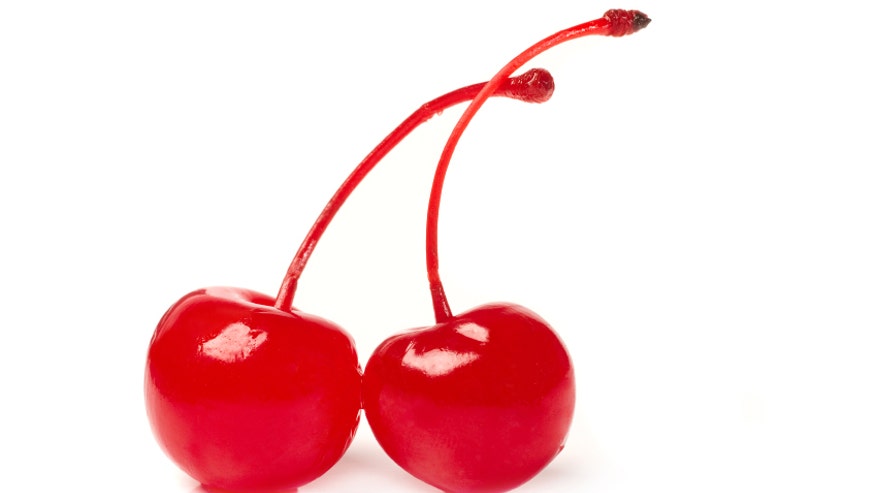
The company has yet to release a statement on the tragedy but cherry production has reportedly come to a halt at the warehouse which employs just under two dozen workers. In 2007, the company reportedly invested $7 million in upgraded manufacturing equipment and today Dell’s produces over a billion maraschino cherries a year.
Police had been investigating the Brooklyn plant on pollution charges—Mondella had been accused of dumping syrup and other manufacturing byproducts into local water reservoirs. While conducting the raid, a policeman reportedly smelled weed and noticed a flimsy wall held together with magnets.
Investigators later discovered three bags holding about 80 pounds of marijuana, hundreds of thousands of dollars in cash, a Rolls-Royce, a Porsche and Harley-Davidson motorcycle stashed below the plant property.
The shocking revelation comes just a few months after FoxNews.com spoke with Mondella about his company's rebranding and its attempts to meet a growing consumer demand for maraschino cherries with less artificial ingredients and colors.
"We’re looking at natural colors and natural flavors and moving away from fructose," he said at the time.
Those iconic red jewels used to get their color from Red #4—a food dye which was banned in the 1970s due to its linkage to adrenal and urinary bladder damage. Companies then switched to #3, which was eventually linked to thyroid tumors, and was also banned by the FDA.
Today, Red #40 is widely used in within the industry though it has been known to cause allergic reactions in food sensitive individuals or aggravate symptoms in those who suffer from ADHD and hyperactivity.







